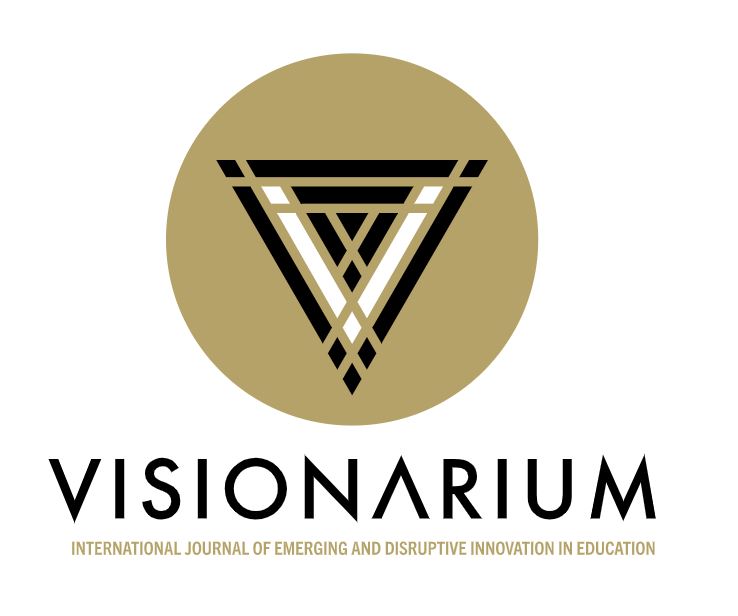Loading...
Document Type
Presentation
Abstract
The recent and widespread interest in role-playing games in the classroom (for example, the hugely popular “Reacting to the Past”) does not surprise me; I have used gaming in my classes for many years. I employ medieval-themed video games like Skyrim, Lord of the Rings online, and Sims: Medieval to harness and retain student interest in open-ended inquiry and research in my medieval literature and culture courses. This assignment is best for grades 9-12 and university undergraduate Literature, History, or Art History classes. It works well with both general education and subject-major students because it focuses on the students’ interests, harnessing their natural curiosity. It requires a teacher willing to de-center the research assignment and help students locate resources even when their research topic is not in the teacher’s areas of specialization. This assignment thus offers teachers opportunity to create collaborative learning communities that extend beyond the classroom to research librarians and other faculty and subject-area experts, fostering inter-departmental and inter-institutional cooperation. With the rise of AI writing apps and attendant concerns about students not writing their own papers, I believe the best means of combatting such concerns is to ensure students are meaningfully engaged in original research that matters to them so they want to write it up. Using video games to jumpstart their research projects harnesses their intrinsic interests through gaming, which seems recreational rather than scholarly to them and thus, less threatening intellectually. By the time students have completed the initial inquiry process–played the game and completed reflection work–they have developed a real desire to know more about their chosen subject, making it more likely they will follow through with research. It is then up to the professor to ensure that process is both challenging and supportive, so students want to complete the work. This project thus harnesses Lindenwood’s RISE (Rigor, Inclusiveness, Support, and Engagement) pedagogical pillars in practice. My panel discussion will detail my theory and the logistics for this approach to the research project. The article that follows will document the project and outcomes in a new, 200-level general education literature course on “The Medieval World” which I am teaching in Spring 2023.
Publication Date
4-21-2023
Recommended Citation
Elmes, Melissa Ridley, "Session 3: Using Video Games to Jumpstart Student Research in the Humanities Classroom" (2023). Panel Presentations. 8.
https://digitalcommons.lindenwood.edu/etfe2023/8


